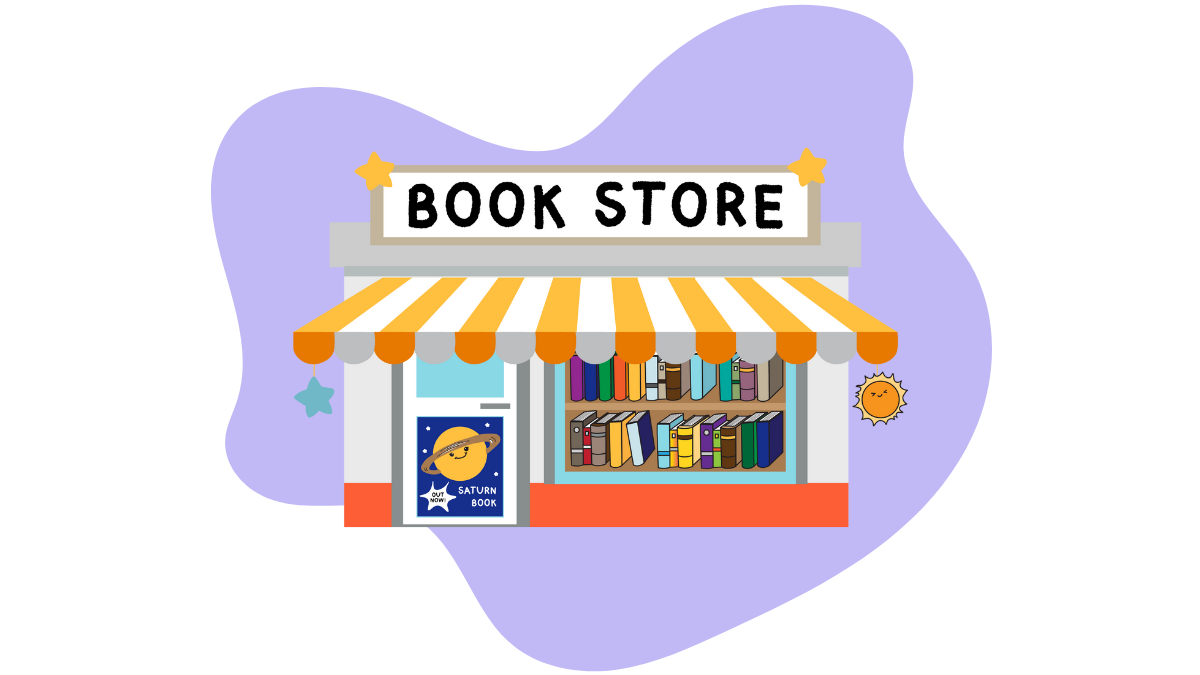For bookstores, social media presents a powerful platform to connect with readers, promote literary works, and foster a thriving community. This guide aims to outline effective strategies for bookstores to leverage social media platforms for increased visibility, reader engagement, and brand promotion.
Target Audience
Identify the primary audience for bookstore social media marketing:
- Avid Readers & Bibliophiles – Engaging with individuals passionate about books, seeking recommendations, and sharing literary interests
- Students & Academics – Attracting students, educators, researchers, and those interested in academic publications
- Local Community & Book Clubs – Building connections with local readers, book clubs, and fostering a sense of community around reading
- Authors & Publishing Enthusiasts – Connecting with writers, publishers, and those interested in the literary industry
Goals
Define the objectives of utilizing social media for bookstores:
- Book Promotion & Sales – Showcasing book collections, new releases, author signings, and exclusive offers to drive sales
- Reader Engagement & Community Building – Fostering discussions, book recommendations, hosting reading events, and creating a literary community
- Brand Visibility & Positioning – Establishing the bookstore as a go-to place for readers, sharing expertise, and book-related content
- Literary Education & Book Culture – Providing insights into literary works, genres, author backgrounds, and fostering a love for reading
Platforms to Focus On
Identify the key platforms for bookstores to maintain a strong presence:
- Instagram – Visual platform showcasing book covers, recommendations, reader testimonials, events, and engaging visuals
- Facebook – Sharing book reviews, events, live author talks, engaging through groups or pages, and customer service
- Twitter – Quick updates, book recommendations, engaging in literary conversations, sharing quotes, and author interactions
- Goodreads (Optional) – A dedicated platform for book lovers, sharing reviews, recommendations, and joining book clubs
Content Pillars
Develop content pillars tailored to bookstore social media marketing:
- Book Showcases & Recommendations – Highlighting book collections, staff picks, themed booklists, and must-reads
- Author Spotlights & Interviews – Showcasing author interviews, book signings, behind-the-scenes glimpses, and author events
- Literary Events & Readings – Promoting book launches, readings, literary festivals, and community book club gatherings
- Reader Engagement & Reviews – Encouraging discussions, reader reviews, book discussions, and fostering an interactive community
Content Creation & Publishing Strategy
Outline a content strategy aligned with bookstore marketing goals:
- Visual Appeal & Quality – Utilize high-quality images, book covers, bookshelf displays, and engaging visuals to attract readers
- Engagement & Interaction – Respond promptly to inquiries, comments, and engage with book enthusiasts and local readers
- Collaboration & Partnerships – Collaborate with authors, publishers, local libraries, or book-related influencers for wider reach
- Live Author Q&A Sessions & Book Readings – Host live sessions, author talks, book readings, or virtual book club meetings
Promotions & Offers
Utilize social media for bookstore promotions and reader engagement:
- Book Launches & Special Offers – Promote new book releases, exclusive signed copies, limited editions, or book bundles
- Literary Events & Book Club Collaborations – Engage followers with literary events, author signings, or collaborating with book clubs
- Online Contests & Giveaways – Conduct contests, book giveaways, or reading challenges to encourage engagement
Analytics & Reporting
Track and analyze metrics to measure the impact of social media efforts:
- Engagement Metrics – Likes, comments, shares, and interactions on various platforms
- Book Sales & Reader Interactions – Monitor website traffic, inquiries, book reservations, and purchases driven from social media campaigns
- Audience Insights – Assess the demographics, reading preferences, and engagement patterns of the audience
- Content Performance – Evaluate the success of specific content types, book showcases, and engagement trends
Challenges
Address potential challenges in bookstore social media marketing:
- Content Variety & Consistency – Creating diverse content, maintaining regular updates, and sustaining reader interest
- Online Competition & Discoverability – Standing out in a crowded digital market, ensuring book visibility, and discoverability
- Balancing Promotion & Engagement – Finding the right balance between promotional content and engaging, community-building posts
Conclusion
Leveraging social media effectively can significantly enhance a bookstore’s visibility, reader engagement, and book sales. This guide provides a roadmap for showcasing literary offerings, engaging readers, and establishing a strong online presence in the literary world.



